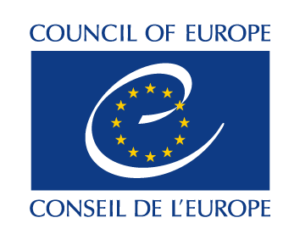


Rapporteur: Marco Lotti, Geneva Internet Platform
Messages:
Sessions assigned to Focus Area 1:
Plenaries
Workshop
Rapporteur: Andrijana Gavrilovic, Head of Diplomatic and Policy Reporting, DiploFoundation & Geneva Internet Platform
Messages:
Sessions assigned to Focus Area 2:
Plenaries
Workshops
Rapporteur: Marco Lotti, Geneva Internet Platform
Messages:
Sessions assigned to Focus Area 3:
Plenaries
Workshops
Rapporteur: Andrijana Gavrilovic, Head of Diplomatic and Policy Reporting, DiploFoundation & Geneva Internet Platform
Messages:
Sessions assigned to Focus Area 4:
Plenaries
Workshop